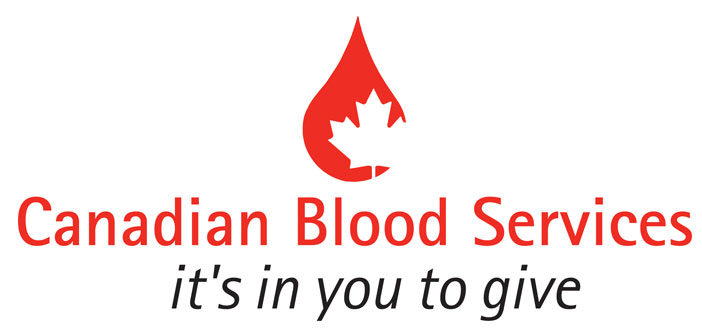Cites lack of growth potential
MANITOULIN—The news has been officially confirmed, this coming Monday (March 23) will see the last blood donor clinic scheduled to be held on Manitoulin Island in Little Current.
“Yes, it is unfortunately true,” confirmed Pamela Mullins, director of donor relations for Manitoulin, Northeastern Ontario, Manitoba and Nunavut.
A number of factors played into the decision, she explained, among them the data that shows blood demand, while always timely and critical, has dropped four percent nationally in the past year.
Ms. Mullins said that Canadian Blood Services, while provincially funded, is a national service regulated federally. “We are a national system and when we see that drop we have to make challenging decisions,” she said. “We essentially work for the government and we have to make the best use of taxpayers dollars.”
Among the factors the CBS looked at are the demand for blood being presented by hospitals in the region, the cost of collection, the cost of providing the staff for the clinics and, most damaging for the Manitoulin clinic, the potential for donor growth within each market.
“Because we are a not-for-profit and government run we have a responsibility to taxpayers to run efficiently,” she said, but adding that safety of the blood supply remains the paramount concern.
“The one thing I want to make sure people understand is that we are a national blood supply system, so if people have a need for blood locally it will be there for them,” she said. “When people hear that the donor clinic is not operating in their community that is the first concern that we hear. I want to assure people that the blood supply will be there at the local hospital.”
A group of data analysts at CBS were charged with finding the key number determining the minimum efficiency. That number is 82 units of blood per clinic.
Local volunteer organizer Bob MacDonald had been hearing rumblings through the grapevine for several weeks that the blood donor clinics on Manitoulin would be ceasing, although clinics in Espanola will apparently continue to be held.
“I should have received my schedule for the rest of the year by now,” admitted Mr. MacDonald of Manitowaning.
“They are expecting people from the Island will travel to Espanola,” he said. “We know that just isn’t going to happen.” Mr. MacDonald pointed out that the distance from Gore Bay to Espanola would run to more than three hours of travel, often in less than ideal weather, and that just being the travel time, let alone the time it takes to give blood.
Ms. Mullins, however, said that part of the issue is that some people who were donating blood in Espanola previously were choosing to donate in Little Current instead. “We were robbing Peter to pay Paul,” she said.
“It’s really disenheartening,” Mr. MacDonald admitted. The Manitoulin clinic was asked for 58 units of blood, but the last two clinics had far exceeded that request. “We got 69 units the time before last and 65 units at the last one,” he said. “That doesn’t count the 10 people who came out but were unable to give blood.”
Two local subscribers who popped into The Expositor offices on Monday just happened to be two who were turned away, one due to her veins collapsing and the other because they had travelled to a proscribed destination in Mexico.
Mr. MacDonald is a member of the Masons, a fraternal organization with a long association with blood donation having become intricately involved during the First World War when blood donations first became common and expanding through the years until the 1960s, when each Lodge was instructed to set up a local committee to encourage local donations.
The W. J. Noble memorial trophy was established to honour the Lodge with the most members to donate blood each year. “I remember he would get up at functions every time and say ‘I want to get a pick in for CBS’,” recalled Mr. MacDonald. Mr. Noble was a tireless advocate for blood donations, as has been Mr. MacDonald and his group of volunteers.
The Doric Lodge in Little Current has secured that trophy at least three times, he noted. “The last two years we won it hands down.”
“I know it is unfortunate,” said Ms. Mullins, who admitted that the decision was not hers to make. “We run into this conversation in every community where we have to make this decision. I know that for everyone out there it means so much to the community and so many people work hard to make the local clinics a success.”
At the end of the day, the decision has been based on where the CBS believes it can return the best supply for each tax dollar spent and invests where they believe the greatest potential for growth of that supply lies.
[poll id=”3″]





